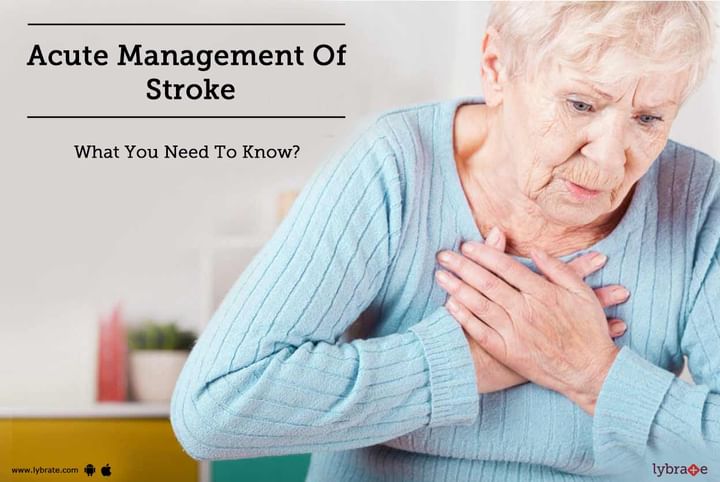Acute Management Of Stroke: What You Need To Know?
A stroke may be called a brain attack. It may happen to any person at any time. A stroke occurs when blood supply to the brain is cut off. The brain cells become oxygen deprived due to the stroke and eventually die. Dead brain cells result in brain dysfunction due to which patients lose control over muscle and memory.
Strokes can be mild to life threatening and requires immediate medical attention. Stroke requires advanced care and should be treated by extensively qualified and experienced medical experts.
Neurosurgery satisfies all the required clauses for treatment of stroke and accounts for being one of the best ways for management of stroke. Renowned hospitals have a dedicated neurosurgical wing and a team of neurological specialists who know how to deal with stroke the best.
Vascular Neurology
This form of neurology focuses on patients who have undergone a stroke or have experienced symptoms of stroke. A multidisciplinary approach is taken for the prevention of recurrent cerebrovascular conditions.
Types of stroke
- Ischemic stroke: This kind of stroke occurs when there is a blockage in a blood vessel, which supplies blood to the brain. This form of stroke is the more common. The underlying cause of this stroke is known as atherosclerosis, which is a condition where fatty deposits occur in the walls of the blood vessels and cause blockage in them.
- Hemorrhagic stroke: This type of stroke occurs when a blood vessel gets weak and ruptures into the brain. This is caused by two types of weak blood vessels known as aneurysm and arteriovenous malformation.
- Transient ischemic attack: This type of stroke is also known as a mini stroke. These attacks occur because of blood clots. The blockage caused is temporary or transient in nature.
Treatment of Ischemic stroke
- Tissue Plasminogen Activator: This is one of the best ways to treat ischemic strokes. This medicine is given to the patient intravenously. It dissolves the blood clot and improves blood flow to the area of the brain which is affected. The medicine should be given within three to four hours after stroke symptoms appear.
- Endovascular procedure: This is a process by which the blood clot is removed using a catheter, which gets inserted into the area of the blocked blood vessel. It helps in restoring blood flow to that area.
Treatment of Hemorrhagic stroke
- Endovascular procedure: Several endovascular techniques and methods are used so that the weakening of blood vessels is reduced and less bleeding is caused.
- Surgical treatment: Different modes of neurosurgery may be undertaken to stop bleeding and for relieving pressure within the skull.
In case you have a concern or query you can always consult an expert & get answers to your questions!



+1.svg)
